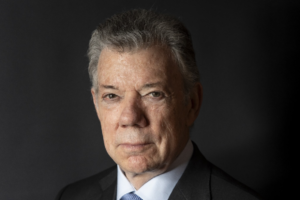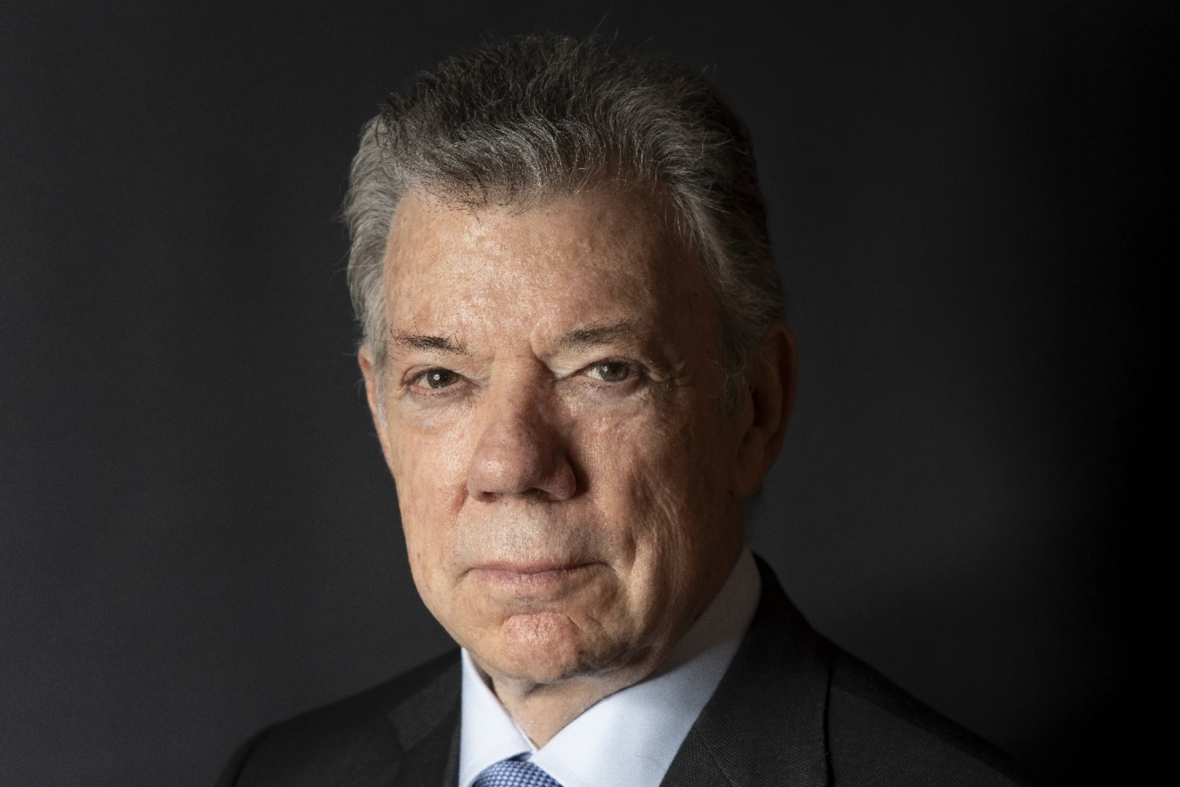
His appointment marks a significant moment in the history of the organization, which was founded in 2007 by former UN Secretary-General Kofi Annan, former U.S. President Jimmy Carter, and other influential figures such as Nelson Mandela, to promote peace, human rights, and conflict resolution. The Elders bring together respected individuals to use their collective experience and influence to address global challenges.
Santos’s leadership of The Elders comes at a crucial time in the world. The international community is grappling with complex issues, including persistent conflicts, climate change, the erosion of democratic values, and the rise of populism and authoritarianism. Santos’s background in diplomacy, his successful negotiation of a historic peace agreement with Colombia’s Revolutionary Armed Forces (FARC), and his deep commitment to human rights and sustainable development make him a fitting leader for this group.
The Role of The Elders in Global Affairs
The Elders are an independent, non-partisan organization that strives to inspire and promote bold action on global issues, particularly in areas where existing political frameworks and leaders may fall short. The group operates under the principle that seasoned statesmen and women—people with experience in both governance and activism—can serve as important catalysts for change by using their moral authority, diplomatic influence, and networks to advocate for peace, justice, and human dignity.
The Elders do not seek to wield political power in a traditional sense but instead aim to provide guidance, help mediate conflicts, and amplify voices that might otherwise be marginalized. The group has addressed a range of issues since its inception, from the peace process in Myanmar to the crisis in Syria, the rights of refugees, and global climate action. Their influence comes not through coercion or force but through persuasion, dialogue, and the establishment of credibility based on their ethical standing and commitment to the common good.
Santos’s Background and Leadership Qualities
Juan Manuel Santos has long been a key figure in international diplomacy and conflict resolution. His role in securing the peace deal with the FARC, which ended over 50 years of armed conflict in Colombia, earned him the Nobel Peace Prize in 2016. The peace accord, which was signed after four years of intense negotiations in Havana, Cuba, stands as a testament to Santos’s patience, perseverance, and ability to bring together opposing factions in the pursuit of lasting peace. His leadership in Colombia earned him international recognition as a champion of peace and reconciliation.
Santos’s background is diverse. Born into one of Colombia’s most influential families, he was educated at Harvard University and The London School of Economics, where he honed his analytical and diplomatic skills. Before entering politics, Santos worked as a journalist and economist and held several high-level positions in government, including Minister of Defense. In his tenure as President from 2010 to 2018, he focused not only on peacebuilding but also on economic development, poverty reduction, and environmental protection.
His diplomatic acumen, combined with a deep commitment to the principles of peace and justice, make Santos an ideal candidate to lead The Elders. Throughout his political career, he has navigated some of the most difficult challenges in Latin America, building coalitions across political divides, and advocating for social justice, peace, and democracy. His ability to manage complex negotiations, handle crises, and engage with both domestic and international stakeholders makes him uniquely qualified to guide The Elders in the turbulent geopolitical landscape of the 21st century.
The Importance of Santos’s Appointment
Santos’s appointment as Chair of The Elders comes at a time when the world faces mounting challenges, both domestically and internationally. Many regions, including Africa, the Middle East, and Latin America, continue to experience violent conflicts, while democratic values are under siege in various parts of the world. The global order is being reshaped by competition between great powers, rising populism, and growing economic inequality.
In this context, Santos’s experience as a peacemaker and his commitment to multilateralism are particularly valuable. The global community increasingly needs leaders who are capable of bridging divides and fostering dialogue in a world that is becoming more fragmented and polarized. Santos’s track record as a negotiator and his success in leading Colombia through a difficult peace process serve as a reminder of what can be accomplished through diplomacy, persistence, and the will to negotiate even with adversaries.
His leadership also signals a new direction for The Elders, one that may be more closely aligned with pressing contemporary concerns. While the organization has traditionally focused on conflict resolution, there is a growing recognition that the challenges of the 21st century are interconnected and multifaceted. Issues such as climate change, the erosion of democratic institutions, economic inequality, and the challenges posed by artificial intelligence require global solutions that can only be realized through cooperation and collective action.
The Need for Diplomacy and Peacebuilding
One of the most urgent challenges that The Elders will face under Santos’s leadership is the continued prevalence of violent conflicts around the world. Despite significant progress in some areas, such as the end of the civil war in Colombia, other conflicts in places like Syria, Yemen, Ukraine, and the Sahel region remain unresolved. These conflicts not only result in massive loss of life and human suffering but also destabilize entire regions, creating ripple effects that threaten international security.
Santos has firsthand experience in peacebuilding, and his insights will be invaluable in guiding The Elders’ efforts in addressing such conflicts. His leadership in the Colombian peace process, which involved overcoming skepticism from both sides of the conflict, negotiating a ceasefire, and addressing root causes of the violence, provides a model for how dialogue and diplomacy can lead to long-term peace. Under Santos’s leadership, The Elders may focus more heavily on conflict resolution in the form of mediation, reconciliation, and addressing underlying grievances.

